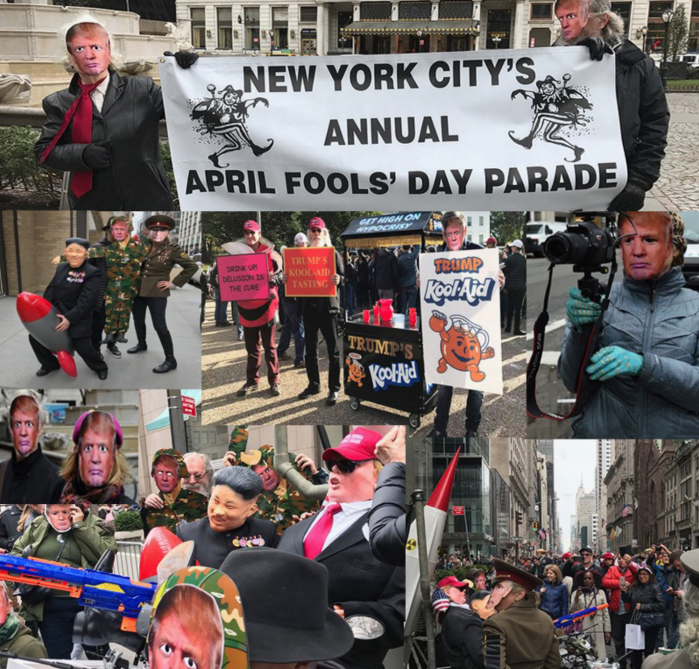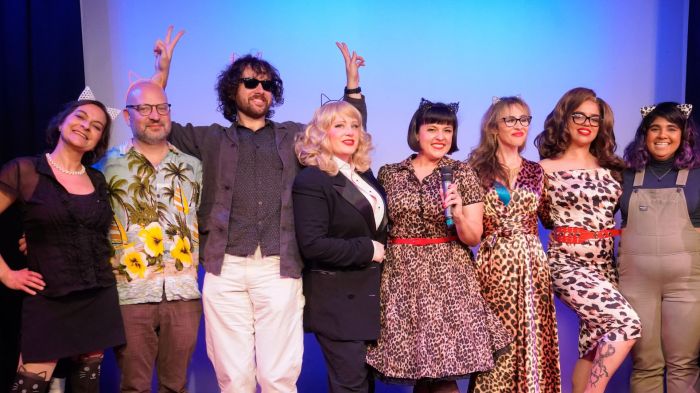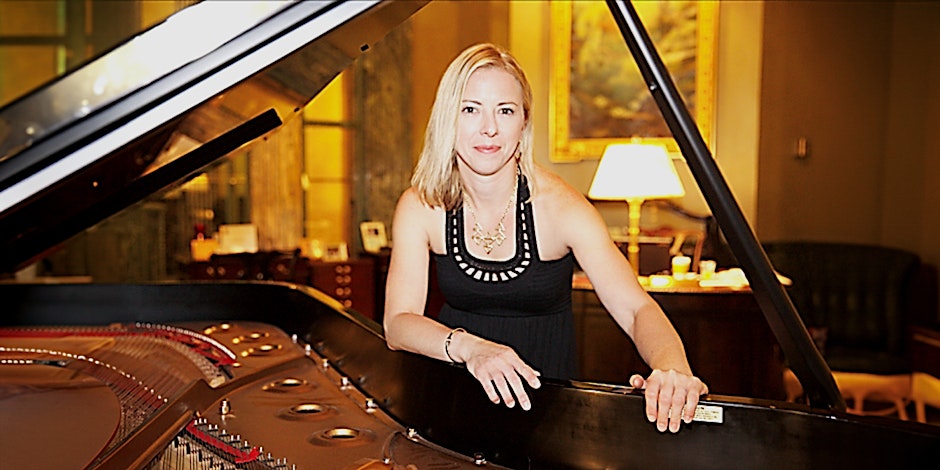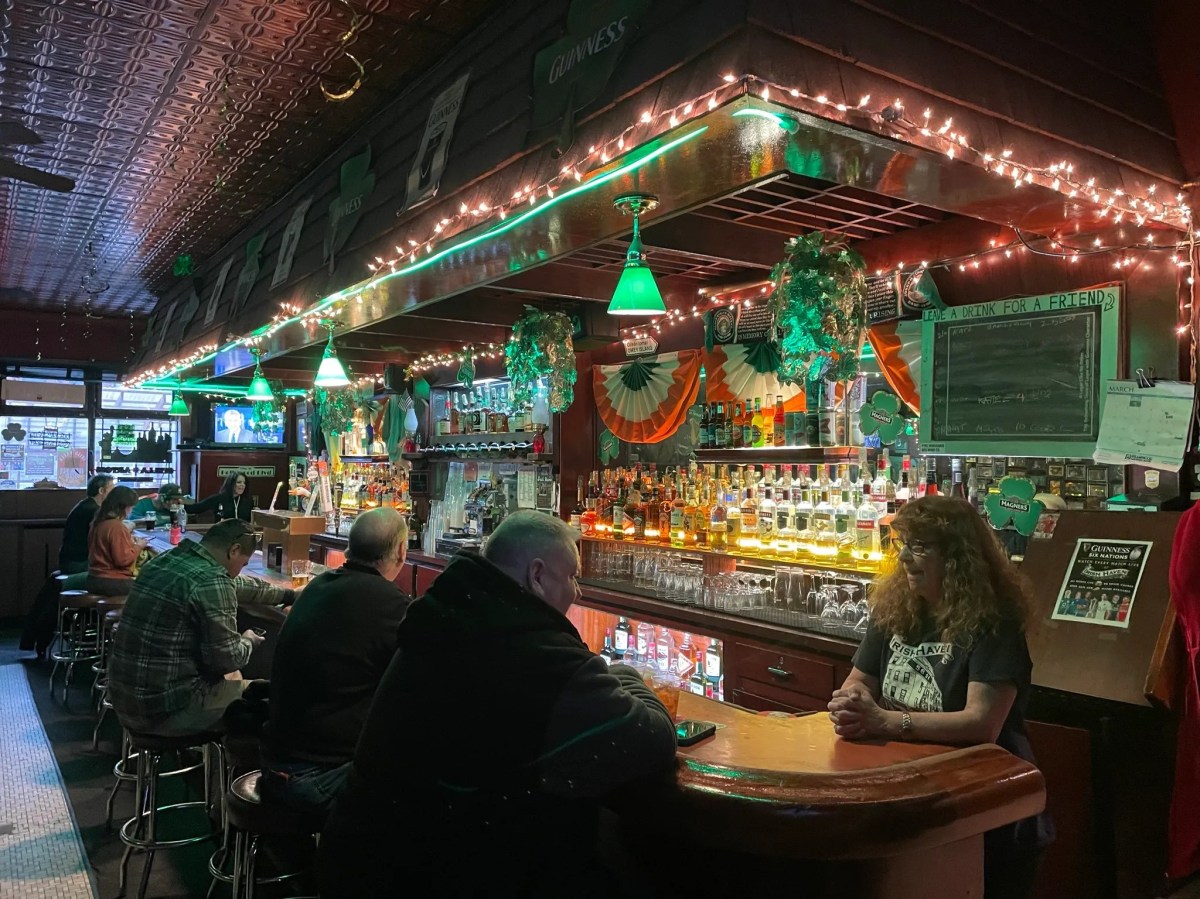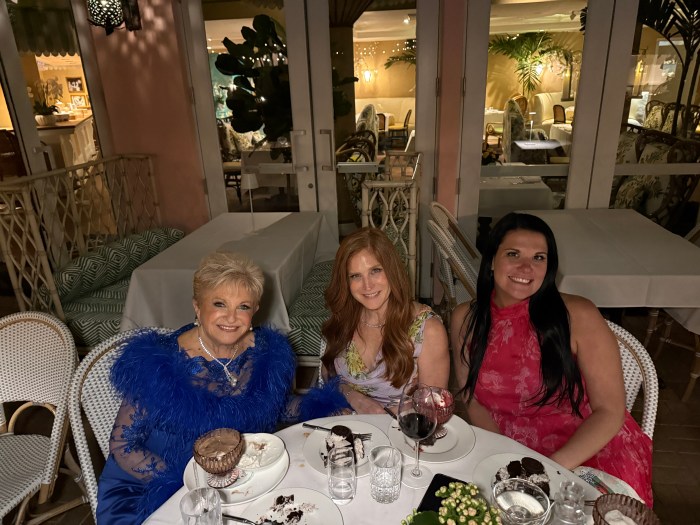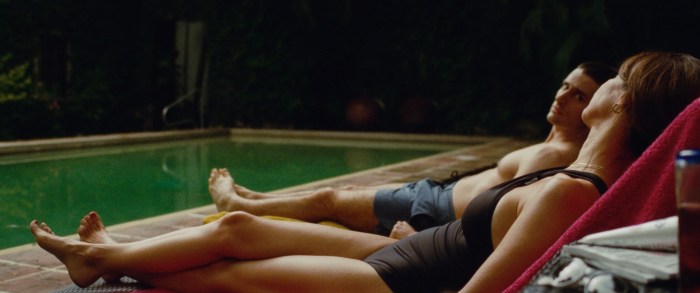
The old, obnoxious cliché is “those who can’t do, teach.” But students at New York University’s Tisch School of the Arts film program can buy a ticket this week to see how untrue this is.
Sameh Zoabi teaches core classes in directing and writing, and his latest film, “Tel Aviv on Fire,” is opening Friday at Quad Cinema and Landmark 57. It’s his third feature as a director; he also wrote the screenplay for Hany Abu-Assad’s “The Idol.” It had a successful run in Europe and Kais Nashif won a best actor prize at the prestigious Venice Film Festival last year.
“Tel Aviv on Fire” sounds like an action film or a serious political thriller, but in reality it’s a comedy about a very unlikely subject: the Israeli-Palestinian conflict.
“Palestinians are funny people!” Zoabi says through chuckles at Quad Cinema’s next-door Quad Bar. “In daily life, even if we feel oppression, humor is a basic way of survival.”
Zoabi, an Arab-Israeli, who now lives in Brooklyn, says “I know how Israelis think about Palestinians and I know how Palestinians think about Israelis, and this is the source of my comedy: stereotypes.”
This background informs his lead character Salam, an aimless young man from East Jerusalem working for his uncle, a soap opera producer, in the West Bank. Since Salam is bilingual, his job is to make sure the Hebrew is correct. The show-within-the-movie is called (aha!) “Tel Aviv on Fire,” and it is a thrilling, lusty tale about the Six-Day War with a definitive anti-Israel slant. Despite that, it is a huge hit within Israel.
One of its biggest fans is the wife of Assi (Yaniv Biton), a miserable checkpoint captain. A series of weird circumstances lead to Salam writing scripts for the show, with Assi as collaborator. It builds to an impossible climax where Salam must create a narrative that will appeal to “both sides.”
It’s a familiar situation to Zoabi. “When I take Israeli funds, they always question if I will be too Palestinian. Then there are those in the Arab world who say any engagement with Israel is a deal with the devil. It’s a trap. But also: a great idea for a movie!”
Like other films set against a soap opera (think “Tootsie” or “Soapdish”) it’s all about that perfect ending. Like Salam in the film, Zoabi had a collaborator, his old professor at Columbia University, Dan Kleinman. “He’s got 35 years of teaching experience,” Zoabi boasts.
“Tel Aviv on Fire” hinges at times on what Zoabi calls “an essential part of the conflict”: hummus. At several points the characters’ fates are determined by the beloved Middle Eastern dish. We got Zoabi’s take on where to get the best hummus in New York City.
“Tanoreen, in Brooklyn. The chef is from Nazareth.”
But like all soap operas, there’s a twist: “The truth is,” he laughs, “I don’t like hummus very much.”
Don’t tell the characters in “Tel Aviv on Fire.”




